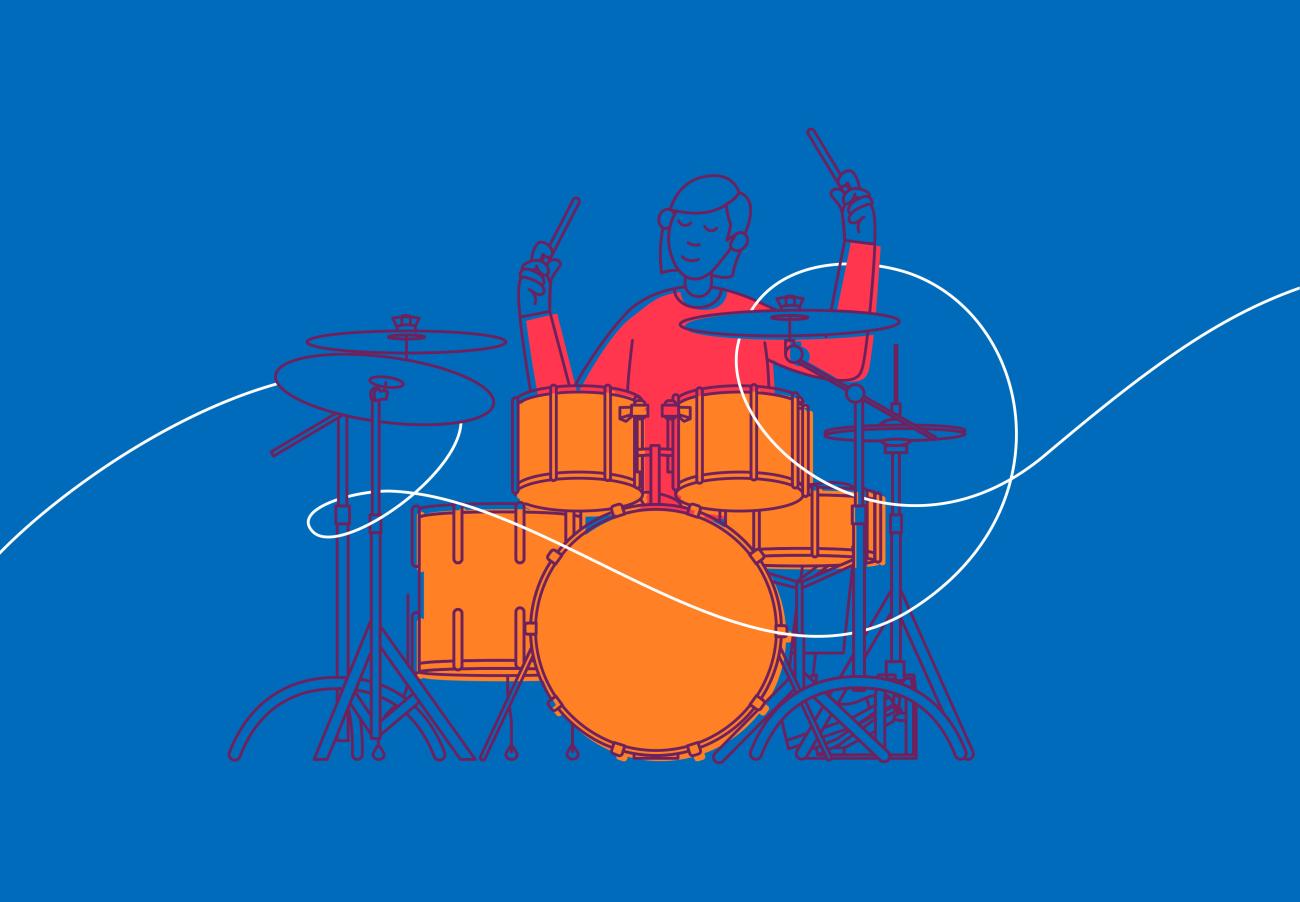Why theory? Ewan’s musical journey

Learning about music theory can help performers at all levels to get the most from their music making. We asked some of our ABRSM scholars, studying at our partner Royal Schools, to tell us what music theory means to them and share some tips. This week we hear from Ewan.
Learning about music theory can help performers at all levels to get the most from their music making. We asked some of our ABRSM scholars, studying at our partner Royal Schools, to tell us what music theory means to them and share some tips. This week we hear from Ewan.
Let’s start easy - what’s your name and what country are you from?
My name is Ewan Millar and I am from Scotland!
What are you studying?
I am currently in my third year studying Timpani and Percussion at the Royal Conservatoire of Scotland.
How has music theory helped you along your musical journey?
Music Theory has helped me along my musical journey considerably. I began studying it properly when I started at the Junior Conservatoire at the RCS when I was 13 and it has been something I have studied and appreciated ever since. One of the biggest impacts is on my ability to analyse and look at different pieces and scores more closely. Having this more in-depth understanding has had a positive influence on some of my musical decisions and has increased my enjoyment and appreciation for certain styles of music. It has boosted my interest and given me access to repertoire that without music theory and the ability to analyse I would not have discovered.
Why do you think it’s important to study music theory? What are some common misconceptions about music theory?
Whether or not you study music theory to a high standard, I feel it is important for everyone to at least have a basic understanding. Music Theory can benefit every career path within music, however as a performer I feel it is a crucial part of who we are. One common misconception is that Music Theory is just something you need to learn about in order to pass an exam. That is simply not the case. When performing or practising we all need to call upon theory knowledge so it is important to have studied it to a level where we do not need to think about it, for example basic theory like key signatures and time signatures should be known like the back of your hand.
What’s your favourite thing about music theory?
As a percussionist I’ve always been a fan of anything that involves rhythm, in particular complex irregular time signatures and how these are divided. Although most recently I have enjoyed learning more about the harmonic and chordal side of music theory, something which has related a lot to my solo marimba playing and been heavily encouraged by my teacher. This has not only led to me practising more but also listening to different styles of music and seeing how several artists and composers incorporate and cleverly use this side of theory to their advantage in both similar and different ways.
Do you have any top tips for someone studying for a music theory exam?
Make theory as practical as possible! Don’t think of it as a separate entity, relate it all to your instrument and your own playing.
Learn your foreign words. There is no way around it, it just has to be done!
Finally, what time signature best describes you, and why?
12/8. Slightly interesting but pretty basic!

